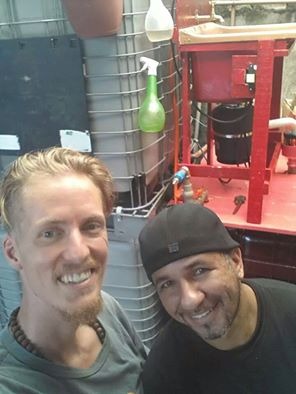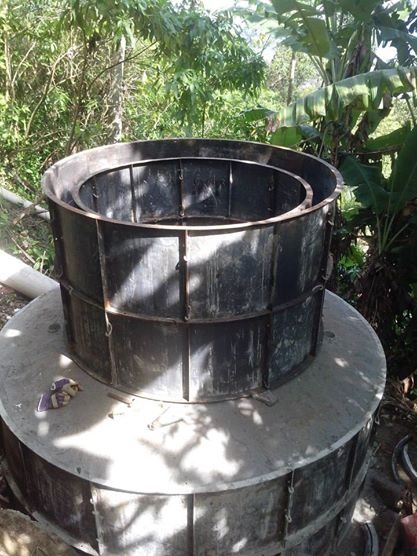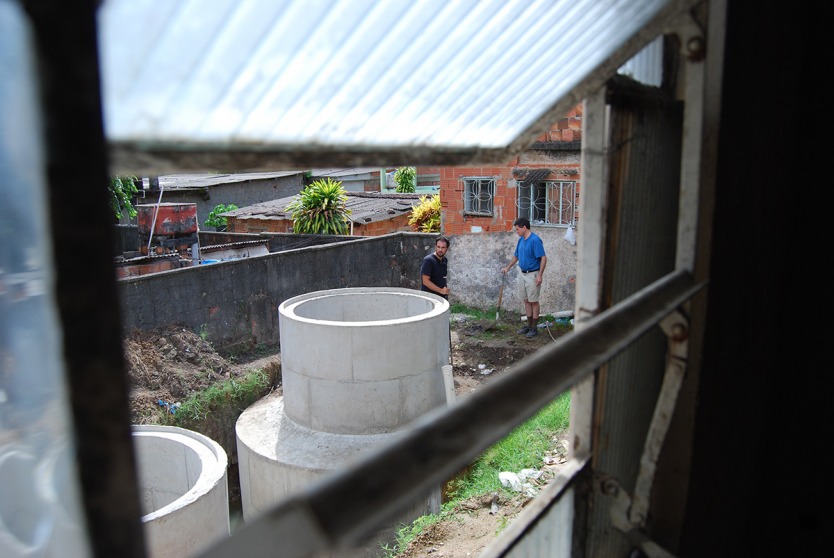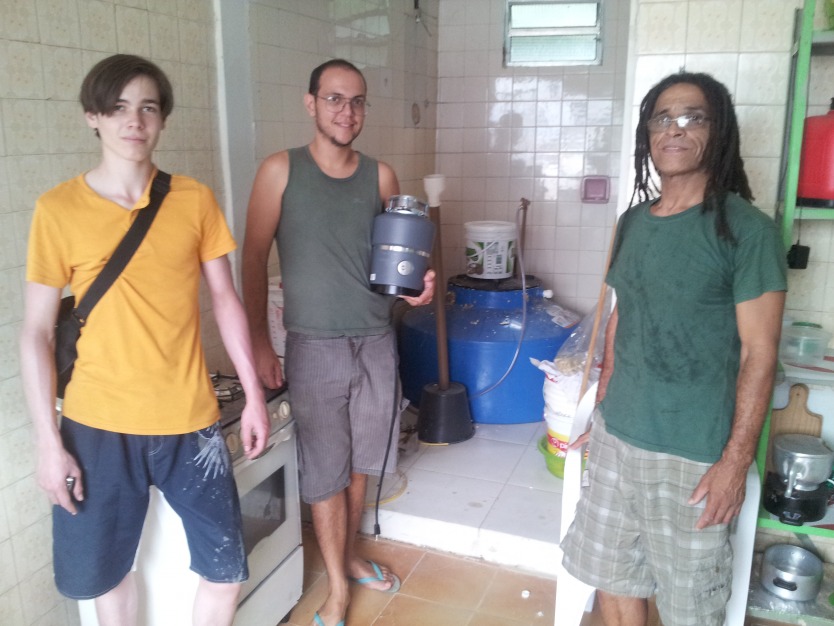
by Janice Kelsey | Apr 26, 2020 | Our Projects, South America
August 6, 2014 Basic training opportunities in small scale biogas build confidence and familiarity with biogas before launching into a larger community-size builds. Our Facebook group “Solar CITIES Biogas Innoventors and Practitioners” encourages people...

by Janice Kelsey | Apr 26, 2020 | Our Projects, South America
August 6, 2014 When the pours were finished in Niteroi, T.H., Jorma and the local team from Niteroi took the molds by pick-up truck to the rainforest Favela, “Vale Encantado”. They worked with Theresa Williamson and Catalytic Communities, an NGO that...

by Janice Kelsey | Apr 26, 2020 | Our Projects, South America
July 25, 2014 Solar CITIES intern Jorma Gorns joined T.H. Culhane on a project bringing Puxin 10m3 biodigester molds to sites in Rio De Janeiro. The initial work was done by Solar Cities Solution’s Biogas Education team members T.H. Culhane, Yair Teller,...

by Janice Kelsey | Apr 26, 2020 | Our Projects, South America
January 17, 2014 Solar CITIES e.V. normally sets the wave in motion by joining receptive communities and building a small scale biogas system out of local materials. In the summer of 2013 Culhane and Vasconcellos, joined by Insinkerator’s Julio Porta,...





